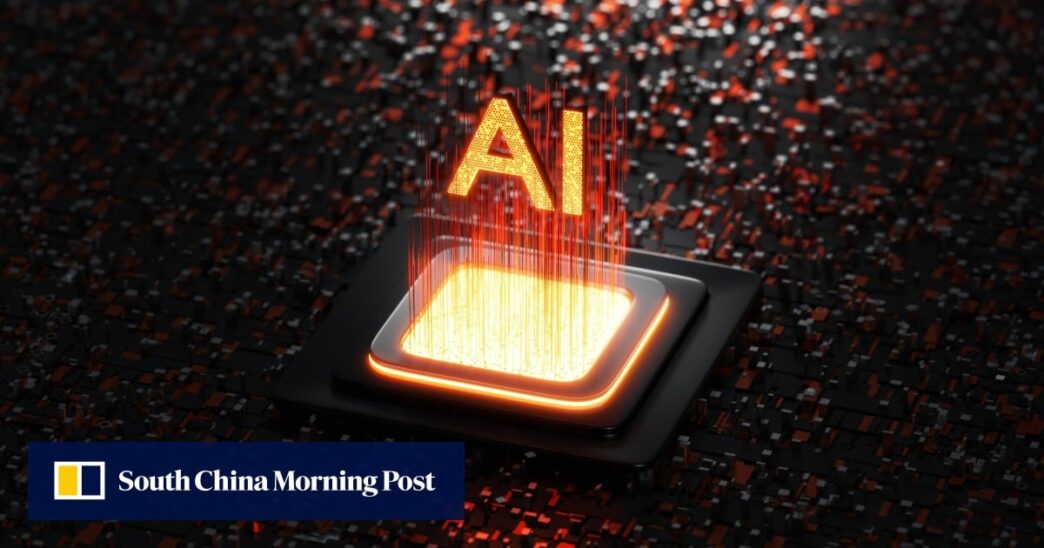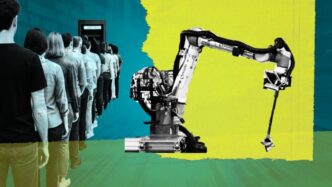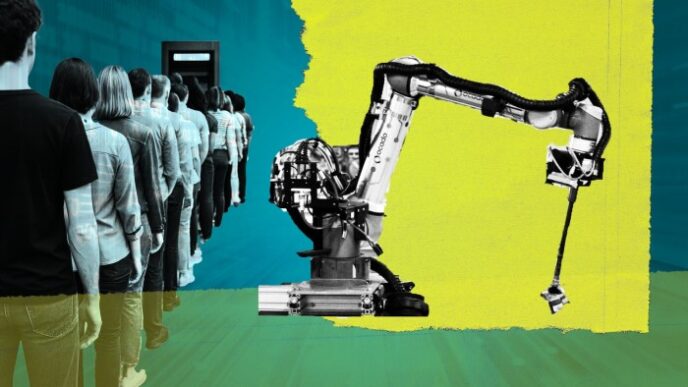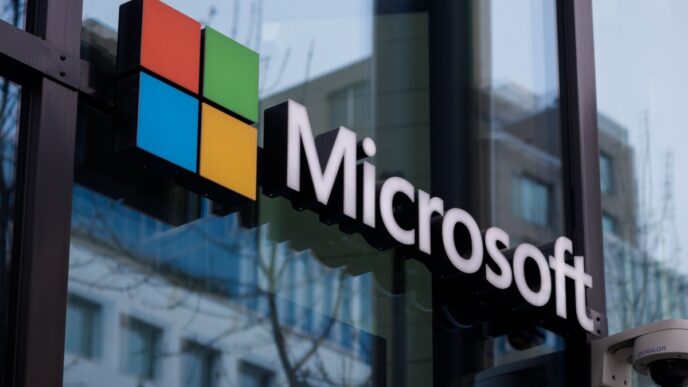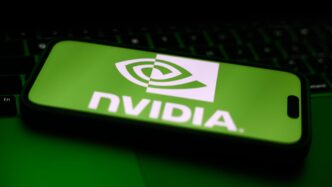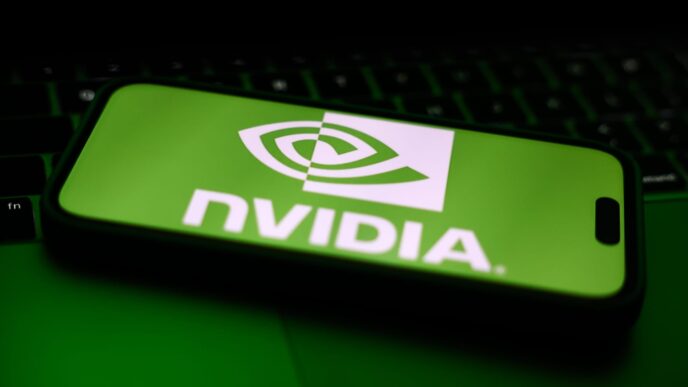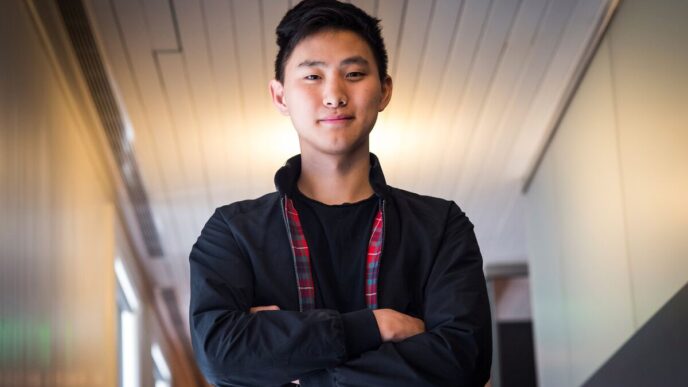Beihang University launches hybrid chip tech dodging US restrictions
Beihang University in Beijing rolled out a new numerical system called Hybrid Stochastic Number (HSN). It merges traditional binary computing with stochastic, or probability-based, numbers. The mix boosts fault tolerance and power efficiency for smart controls in touch displays and flight systems.
The breakthrough challenges two big limits in today’s chips. The “power wall” means binary logic uses loads of energy despite efficient info handling. The “architecture wall” blocks new non-silicon chips from talking to current CMOS based systems.
Professor Li Hongge’s team has been working on this since 2022. They say HSN sidesteps US chip bans while overcoming these power and architecture obstacles.
“Today’s chip technologies face two big challenges: the power wall and the architecture wall,”
Li told Beijing’s official Guangming Daily last month.“The power wall stems from a fundamental contradiction – while binary systems are efficient at carrying information, they consume a large amount of power. The architecture wall is caused by the fact that new non-silicon chips cannot easily communicate with traditional systems based on CMOS or complementary metal-oxide-semiconductors.”
The HSN system cuts hardware needs by blending binary with stochastic logic, promising smarter chips that keep running even when faults hit. This tackles key bottlenecks in AI and intelligent controls.
Watch Nvidia CEO Jensen Huang discuss China’s key market status amid rising US AI chip bans:
Beihang’s HSN tech could rewrite the rules for next-gen chips locked out by US export controls. Stay tuned.

